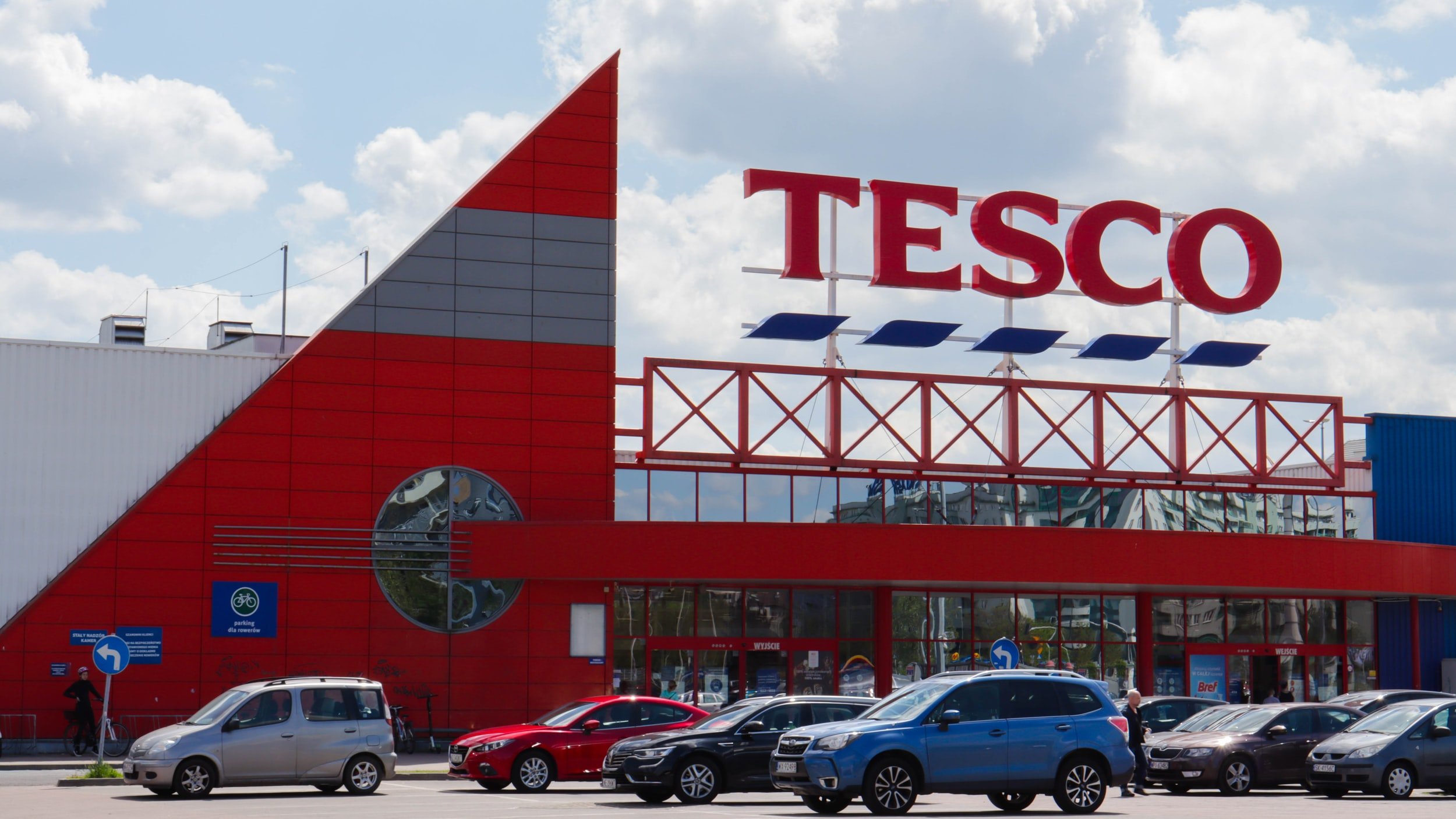The UK’s Advertising Standards Authority (ASA), after investigating a 2021 Tesco ad regarding its name-brand “Plant Chef” plant-based burger, found it was “likely to mislead” the British consumer public into believing that it produced fewer emissions than real beef.
“Because we had not seen evidence…that demonstrated that Plant Chef products could make a positive environmental difference to the planet compared to their meat equivalents, nor had we seen evidence for the full life cycle of the Plant Chef burger, we concluded the claims regarding their positive benefits to the planet had not been substantiated,” the advertising watchdog ruled.
“We also recognized that specific plant-based products, particularly processed products which could contain a number of different ingredients sourced from around the world, could nevertheless contain ingredients or be produced and transported by methods that had a high carbon or negative environmental impact,” they added.
Tesco spokesperson stated the company was “disappointed” in the ruling, but that their customers can “continue to count on us to help them enjoy a better balanced diet”.
They said nothing of the actual ruling, which found their environmental claims to be misleading and unsubstantiated, only this brief refrain about a better-balanced diet, even though that is not what was being countered.
Furthermore, in the company’s official explanation, they claim “they were committed to zero-net deforestation in their sourcing of palm oil,” an ingredient in their burgers that is toxic in the human body to consume when it’s in the oxidized form, present generally in processed foods like fake meat, and contains almost no nutritional value.
Where there’s smoke there’s fire
Companies dealing in plant-based meats have incurred a number of lawsuits. Impossible Foods have had to fight off a myriad of lawsuits related to their “soy leghemoglobin” the active ingredient in their fake burgers that gives it a meaty and bloody taste.
The Center for Food Security found all of the safety and toxicity studies done in support were staffed by the company’s own employees, consultants hired by Impossible Foods from Monsanto, or researchers chosen by Impossible Foods themselves.
Soy leghemoglobin has never been consumed by humans, because it is a genetically-modified strain of soybean. Soybean roots contain a tiny amount of heme protein in its roots, and scientists altered the genes of the plant to produce those belonging to a yeast that will ferment compounds to create far more of this heme than the plant normally would.
Most lawsuits raised against fake meat producers involve the safety of their ingredients and labeling laws, but rarely regarding their environmental claims.
But it makes perfect sense, since industrial mono-cropped soybeans create a significant environmental impact, needing huge inputs from fertilizer, pesticides, herbicides, constant scientific research and genetic engineering, irrigation, and land.
For example, most land use in America for cattle is on wild, semi-wild, or degraded land in places where cropping isn’t possible like Arizona, or Texas, while soybean farms stretch through millions of acres of what was once thriving prairie grasslands where all kinds of different crops could be grown, or wild animals could roam.
While both Tesco and ASA admitted that it’s generally recognized by science that plant-based diets have a lower environmental impact than livestock meats, that has arisen largely from a 2007 assessment by the UN that looked at land use without the key difference of what the land could be used for otherwise, and water-use as such, without understanding that water-use in livestock systems enters as rainwater and exist as urine.
For example, large producers White Oak Pastures paid for a third-party life cycle assessment, the kind ASA was expecting to receive from Tesco to back up their claims that switching from beef to plant-based meats was better for the environment, which found their regenerative cattle ranching was a net-carbon sink, rather than a net-carbon emitter.
Notably, their beef was -3.5 kilograms of CO2 and CO2 equivalents emitted per kilogram of beef, while fake meat producer Beyond Burger +4 kilograms of CO2 and CO2 equivalents per kilogram of fake beef. Soybeans themselves were +2.
If you think the stories you’ve just read were worth a few dollars, consider donating here to our modest $500-a-year administration costs.




